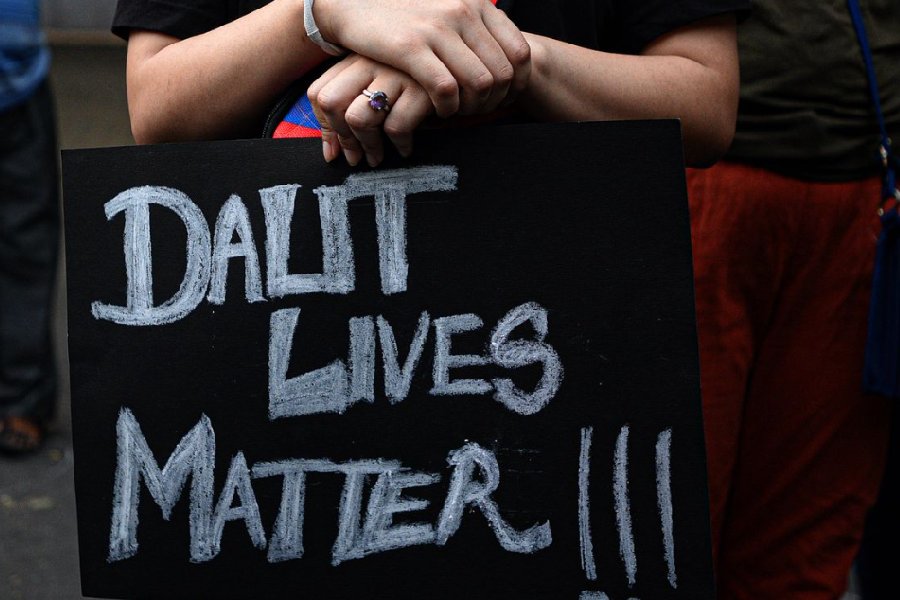
Dorothy Parker, of the rapier wit and the caustic tongue, made sure everyone knew what she wanted as her epitaph: "Excuse my dust." However, with her 51st death anniversary around the corner, it is another of her proposed epitaphs that illustrates why she made literary New York quake in its boots in her time: "If you can read this, you're standing too close."
It is perfectly fitting that Parker left words like these. She battled depression and suicidal thoughts, and used her razor wit to keep people at bay, even as she cast a comic light on her sorrows. ("Razors pain you;/ Rivers are damp;/ Acids stain you;/ And drugs cause cramp./ Guns aren't lawful;/ Nooses give;/ Gas smells awful;/ You might as well live.") Running away from an unhappy childhood, she began writing for Vanity Fair, where her reviews were as hilarious as they were savage. She evoked uproarious laughter with few words, and people feared becoming the target of her wit. An actress, Parker wrote, ran "the gamut of emotions from A to B", while a novel did not deserve "to be tossed aside lightly. It [deserved to] be thrown with great force." It is no wonder that she was once described as "a blend of Little Nell and Lady Macbeth".
Parker's lasting fame, however, is based on her poetry, in which she was at her best. ("By the time you swear you're his,/ Shivering and sighing,/ And he vows his passion is/ Infinite, undying -/ Lady, make a note of this:/ One of you is lying.") And yet, it was widely criticized for ridiculing women and upholding patriarchal convention. In truth, the main target of her poems was the powerful, male-dominated New York magazine industry in which she worked. Comedy was her weapon to highlight how limited opportunities were for women. In fact, no one criticized Parker more than Parker herself. She was an original member of the famed Algonquin Round Table - of which the founder of The New Yorker was a part - and was easily its leading light; yet, she would downplay her own achievements by pointing out that no literary giants from her generation, such as F. Scott Fitzgerald or Ernest Hemingway, attended the meetings. In a telegram to her publisher in 1945, she wrote: "All I have is a pile of paper covered in wrong words... Don't know why I [am] so terribly incompetent." The missive was about an introduction she was supposed to write for a Fitzgerald anthology.
And yet, the wit never waned. The biggest favour you can do aspiring writers, she said, "is to shoot them now, while they're happy". Follow that up with a more famous line: "I hate writing, I love having written." This is why Parker's pessimistic wit is charming in spite of her unhappy life - there is always a flicker of hope, even in her wryest poems. ("Four be the things I am wiser to know: Idleness, sorrow, a friend, and a foe./ Four be the things I'd been better without: Love, curiosity, freckles, and doubt./ Three be the things I shall never attain: Envy, content, and sufficient champagne./ Three be the things I shall have till I die: Laughter and hope and a sock in the eye.")










